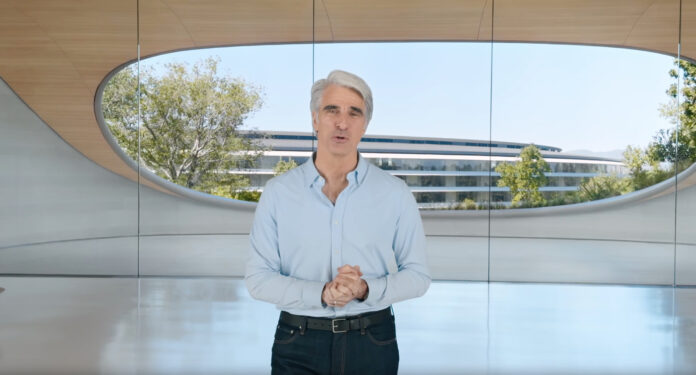After years of hype, internal setbacks, and shifting timelines, Apple is now targeting spring 2026 for the long-awaited rollout of its revamped Siri, powered by artificial intelligence. The upgrade, once promised as a centerpiece of iPhone 16’s marketing campaign, is now planned to debut as part of the iOS 26.4 update, according to a report by Bloomberg’s Mark Gurman.
If the schedule holds, this would mark nearly two years between Siri’s next-gen unveiling and its actual delivery to users.
Apple’s “.4” iOS updates typically land in March; iOS 18.4 and iOS 17.4 followed this pattern. But for iOS 26.4, insiders told Bloomberg that no exact date has been finalized, only that it remains penciled in for a spring release.
Apple declined to confirm any specific timing. Instead, the company told Bloomberg it “hasn’t announced exact timing for the new Siri features,” and simply reiterated that the upgrades are coming “in the coming year.”
Why is there a delay in releasing Siri’s upgrades?
At WWDC 2025, Craig Federighi, Apple’s head of software engineering, briefly addressed the delay, saying, “This work needed more time to reach our high quality bar, and we look forward to sharing more about it in the coming year.”
In an interview following Federighi’s WWDC 2025 keynote speech, he discussed the delay in more detail. “We found that the limitations of the V1 architecture weren’t getting us to the quality level that we knew our customers needed and expected.” Once this became clear, Apple switched to a “deeper end-to-end architecture” called V2, which Federighi described as essential for Siri’s full capabilities.
According to Bloomberg, the previous version of Siri was effectively split in two, with older systems handling basic tasks and a newer platform intended for advanced features. Merging them caused bugs, forcing engineers to rebuild Siri from scratch.
Leadership shakeups and internal finger-pointing
The delays also triggered internal tensions. Bloomberg reports that Apple’s AI and marketing teams blamed each other, with engineering accusing marketing of overpromising, while marketing said they were just following the timelines given.
Amid the fallout, Apple’s top AI executive, John Giannandre, was removed from overseeing Siri and other consumer-facing projects; his role is now more focused on underlying AI research. The current leads for Siri development are Federighi and Vision Pro headset creator Mike Rockwell.
While other companies like Google and OpenAI have pushed forward with AI breakthroughs, Apple has taken a slower approach. This latest Siri upgrade is meant to be part of Apple Intelligence, the company’s broader push to modernize its ecosystem with smarter features.
But so far, users have only seen limited AI capabilities, such as Genmoji.
Can Apple catch up in the AI race?
Apple is under pressure. While rivals like Google and Microsoft push out new AI tools, Apple is still playing catch-up. Part of the debate inside Apple is whether the company should build all of its AI tools in-house or continue partnering with firms like OpenAI. There have even been internal talks about acquiring smaller AI startups to accelerate progress.
Although the Siri update is now reportedly scheduled for iOS 26.4, the timeline is not set in stone. According to Bloomberg, if development proceeds smoothly over the next few weeks, Apple may consider previewing Siri’s new features during the iPhone launch this fall.
